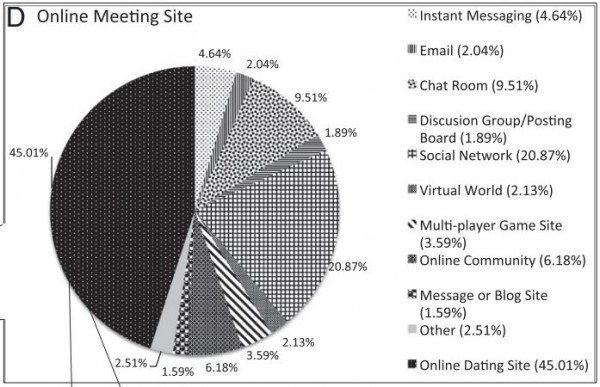What the Most Successful People Do Before Breakfast
Rich Hua stashed this in Success
Stashed in: #lifehacks, #happiness, #greatness, #success, Practice, Focus!, Fitspo, Warren Buffett, Productivity, Awesome, Breakfast!, Feedback, Willpower!
Mornings are an underutilized tool to aid productivity:
We’re often at our peak in the mornings. This is why Mark McGuinness suggests the single most important change you can make to your workday is to move your creative time to mornings. We’re more mentally alert and our mental batteries are charged.
Where do we spend all of this energy? Email. Meetings. We fragment our time. This, however, isn’t the path to success. There is another way.
“Before the rest of the world is eating breakfast,” writes Laura Vanderkam in What the Most Successful People Do Before Breakfast, “the most successful people have already scored daily victories that are advancing them toward the lives they want.”
Vanderkam studied successful people and she discovered that early mornings were when they had the most control over their own schedules. They used this time to work on their priorities.
Taking control of your mornings is very much like investing in yourself. This is how Billionaire Charlie Munger got so smart: he set aside an hour in the mornings every day just to learn.
While there are 168 hours in the week not all of them are created equally. Vanderkam writes:
People who were serious about exercise did it in the mornings. At that point, emergencies had yet to form, and they would only have to shower once. As Gordo Byrn, a triathlon coach, once told me, “There’s always a reason to skip a four o’clock workout, and it’s going to be a good reason, too.”
Most people find doing anything that requires self-discipline easier to do in the morning. The same can be said for focus.
Vanderkam writes in What the Most Successful People Do Before Breakfast:
The best morning rituals are activities that don’t have to happen and certainly don’t have to happen at a specific hour. These are activities that require internal motivation. The payoff isn’t as immediate as the easy pleasure of watching television or answering an email that doesn’t require an immediate response, but there are still payoffs.
The best morning rituals are activities that, when practiced regularly, result in long-term benefits. The most successful people use their mornings for these things:
1. Nurturing their careers—strategizing and focused work
2. Nurturing their relationships—giving their families and friends their best
3. Nurturing themselves—exercise and spiritual and creative practices
Nurturing yourself:
The general sentiment here is that everyone else is sleeping so you’re not missing out on something important and you can spend time taking care of yourself, which generally leads to a positive impact on your productivity throughout the day.
In What the Most Successful People Do Before Breakfast Vanderkam suggests making over your mornings by tracking your time, picturing the perfect morning, thinking through the logistics, building a habit, developing a feedback loop and tuning up as necessary.
Shawn Achor, author of The Happiness Advantage and a self-proclaimed night owl, taught himself to appreciate mornings by thinking about the positive.
“The reason we stay in bed in the morning is because our brains get fatigued by thinking about all the things we have to do that day. We’re thinking about tasks rather than things that are making us happy,” he says. But the reverse of that is also true. “If you’re thinking about things you’re looking forward to, that makes it easy to get out of bed. What your brain focuses on becomes your reality.”
I am a night owl myself, but am transitioning over to being a morning person. All the research I have read confirms that morning time is optimal for greatest mental productivity and that (at least) 7 hours of sleep is what the body needs. So my plan is to be asleep by 10 pm and up by 5 am. Let's give it a whirl!
That sounds like a good plan, Rich. I'm curious to know how it works for you.











5:43 PM Feb 01 2014